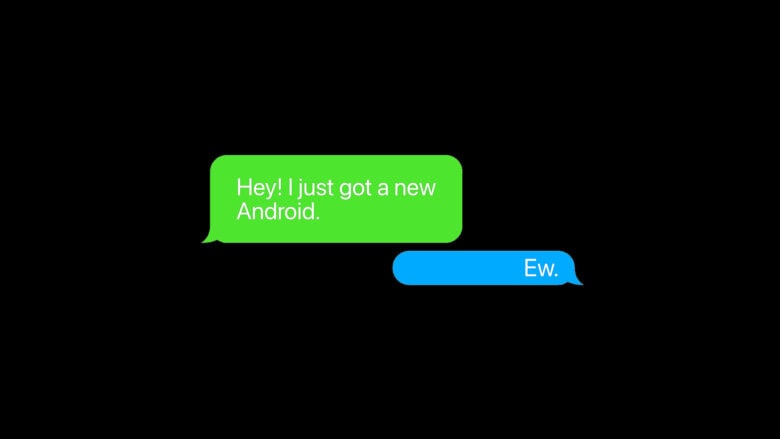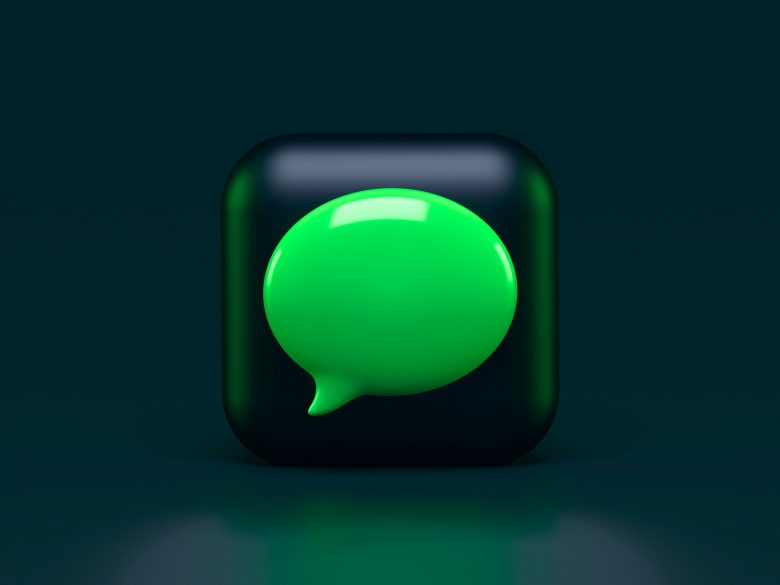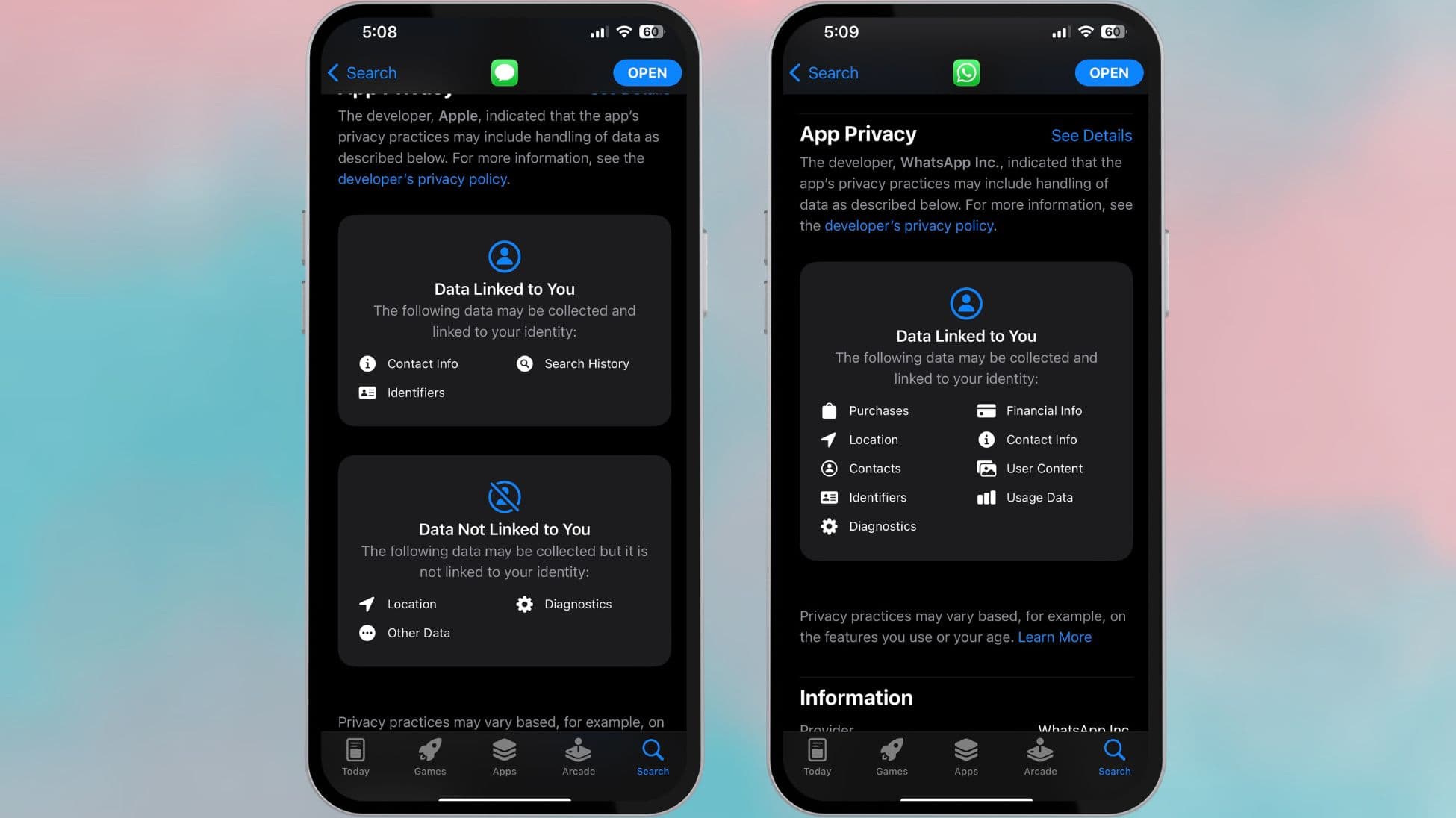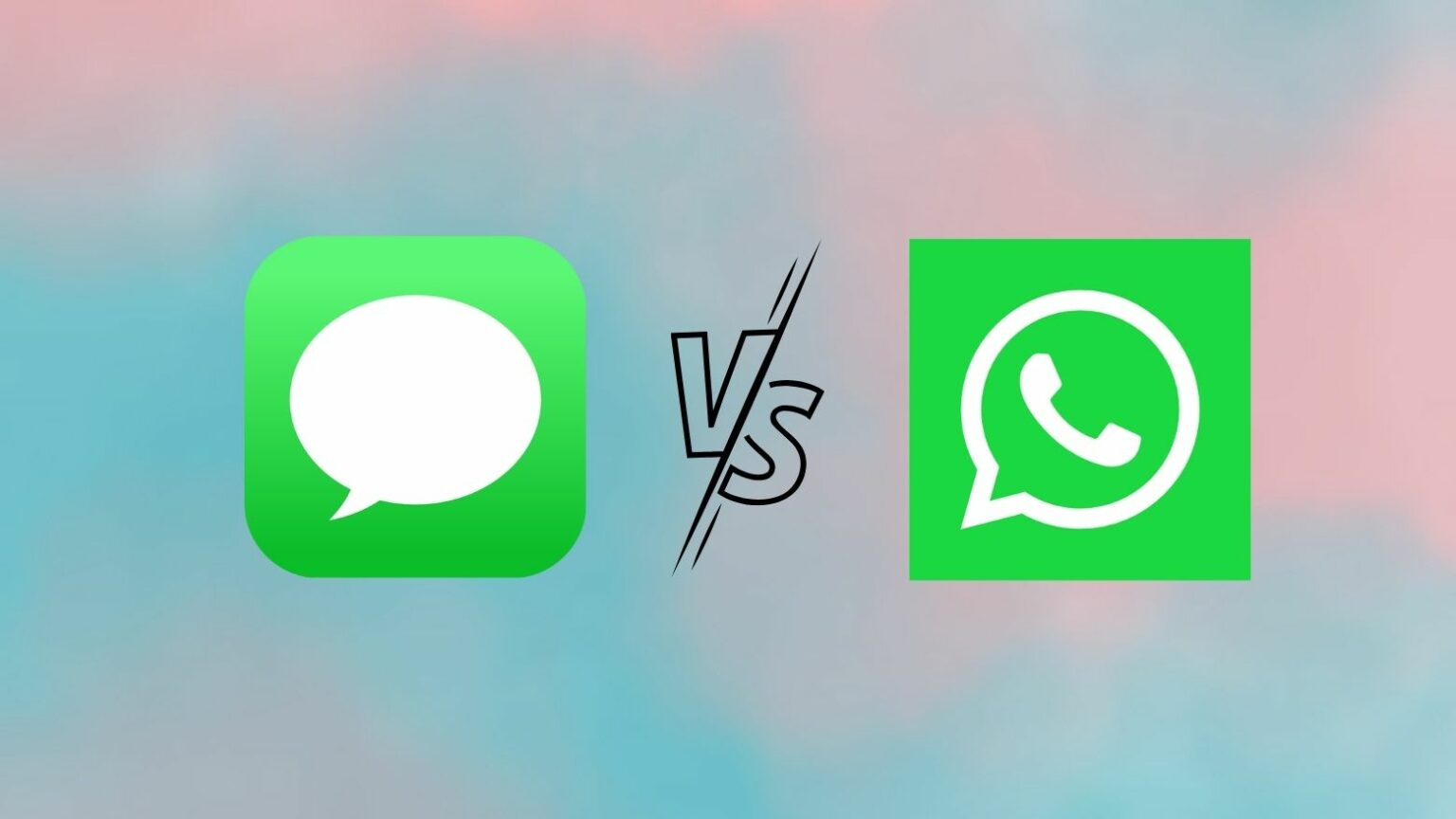Apple heavily pushes iMessage as the best messaging app on iPhone. However, WhatsApp reigns as the world’s most popular messaging service, with more than 2 billion daily users.
What makes WhatsApp so popular? Should you ditch iMessage and switch to WhatsApp for a superior chatting experience? Find out in this comparison.
In the US, iPhone users heavily rely on iMessage for catching up with their friends and family. But Apple’s messaging service has not enjoyed the same success in Europe and Asia. Instead, it is WhatsApp that trumps iMessage in terms of popularity and user base. It also packs a lot more features than iMessage, making it a better choice overall for your chatting needs.
Why WhatsApp is better than iMessage
1. Bigger group limit
Group conversations on WhatsApp are significantly better than in Apple’s Messages app. iMessage allows a maximum of 32 people in a group, while WhatsApp lets you add up to 1,024 people in a chat. And despite supporting so many participants, all your WhatsApp chats are secured with end-to-end encryption (E2EE).
WhatsApp further supercharges group chats with Communities, which allows you to organize related groups for easier management. For example, if you are the admin of multiple school-related groups, you can group them under a Community. For easier management, you can send announcements to all groups inside a community at once.
If you and your friends engage in several group conversations in iMessage, consider using WhatsApp. The enhanced group chatting experience alone makes the switch worth it.
2. Send view once messages and media
Both WhatsApp and iMessage let you share photos, videos and other media files in a conversation. But the Meta-owned messaging service has an edge: It enables you to send photos or videos that can only be viewed once, after which they self-destruct.
It is also not possible to take a screenshot of the “view once” media. This makes the feature great for sharing private or sensitive media files with your close friends without worrying about them violating your privacy by forwarding the content to others.
Similarly, you can send view-once or self-destructing messages in WhatsApp that automatically disappear after 24 hours. And if you are a privacy freak, you can enable disappearing messages by default for all your conversations.
3. Share large files with your friends through WhatsApp
With WhatsApp, you can share files as large as 2GB in conversations. You may only rarely need to share such large files over a messaging platform, but the feature is handy to have.
In comparison, iMessage is limited to sharing files that are around 100MB in size. For files larger than that, you’ll have to upload them to iCloud Drive first, then share the iCloud link in the chat.
The ability to share such large files is useful if you are using WhatsApp groups to hold online classes or meetings.
4. WhatsApp is available for Android
WhatsApp’s biggest advantage over iMessage is that it is available for Android and iOS. Gone are the days when a service could market its platform exclusivity as an advantage.
Apple keeps iMessage exclusive to its platform for ecosystem lock-in. However, this approach has only stifled iMessage’s growth in recent years. There’s a reason why 2 billion people use WhatsApp daily to send billions of messages, while iMessage’s popularity remains limited to the United States.
5. WhatsApp chats are end-to-end encrypted
iMessage not being available for Android is not the only problem. What’s worse is that the Messages app does not support E2EE when you text an Android user. This is due to the service falling back to SMS when you text a non-iPhone user.
The Messages app displays texts from an Android user in a green bubble, which is nothing short of bullying. There’s nothing stopping Apple from adopting Rich Communication Services and implementing end-to-end encryption for iMessage conversations with Android users except Apple itself.

Image: Killian Bell/Cult of Mac
In comparison, all chats in WhatsApp are end-to-end encrypted irrespective of the platform used by all parties involved. Meta CEO Mark Zuckerberg has even called out Apple publicly for iMessage’s lack of encryption.
Both messaging platforms let you encrypt your chat backups, though the feature needs to be enabled manually. On iPhone, you must enable Advanced Data Protection for iCloud to encrypt iMessage backups.
5. WhatsApp is more popular worldwide
Outside the United States, WhatsApp is the most popular messaging service worldwide. Your friends and family members may or may not be on iMessage, depending on whether they own an iPhone. But if they are in Europe or Asia, they are almost certainly already using WhatsApp. And this makes it easier to reach out to them on WhatsApp than by using Apple’s messaging platform.
Meta also opened WhatsApp to brands, allowing them to reach out to customers directly through the platform. In India, you can place your grocery orders, make payments and check your bank account balance, all through WhatsApp.
There are reasons why you should use iMessage

Photo: Alexander Shatov/Unsplash CC
If you and your family members are heavily invested in Apple’s ecosystem, iMessage will serve you just fine. Plus, you can enjoy Apple-exclusive features like Animoji, sending money using Apple Cash and more.
Another problem with WhatsApp is its lack of a native iPad app. This means you cannot access the messaging service on the tablet. While there are workarounds, none of them are elegant.
Similarly, WhatsApp does not offer a native Apple Watch app. So, while you can reply to incoming WhatsApp messages from your smartwatch, you cannot open existing chats or initiate new conversations. For that, you must use your iPhone.
This might not be a big deal for many, but the missing WhatsApp support could be a bummer if you use the iPad as your daily driver or rely heavily on the Apple Watch.
Then, there’s the fact that Meta owns WhatsApp. It’s not the most privacy-friendly company around. Apple has gone to great lengths to make iOS secure and private in recent years, seemingly leading Facebook to lose upward of $10 billion in 2022.
A look at the Messages and WhatsApp listings in the App Store reveals the amount of data each service collects and links to you. iMessage has the edge over WhatsApp here, though the latter is not as bad as Facebook.

Mockup: Rajesh
Unlike WhatsApp, iMessage supports third-party apps, games, and stickers from the App Store. So, you can install iMessage-compatible games on your iPhone and play them with your friends or family. This is not a must-have feature, but one that helps further improve Apple’s messaging experience.
Apple needs to reconsider its iMessage strategy
Ultimately, irrespective of WhatsApp’s and iMessage’s features, you are bound to use the messaging service your friends and family are on. But that does not make it the best choice.
Additionally, Apple’s closed-garden strategy for iMessage has hit a wall. It worked to lure new customers into the company’s ecosystem all these years. But now, it is limiting the growth of its messaging service.


